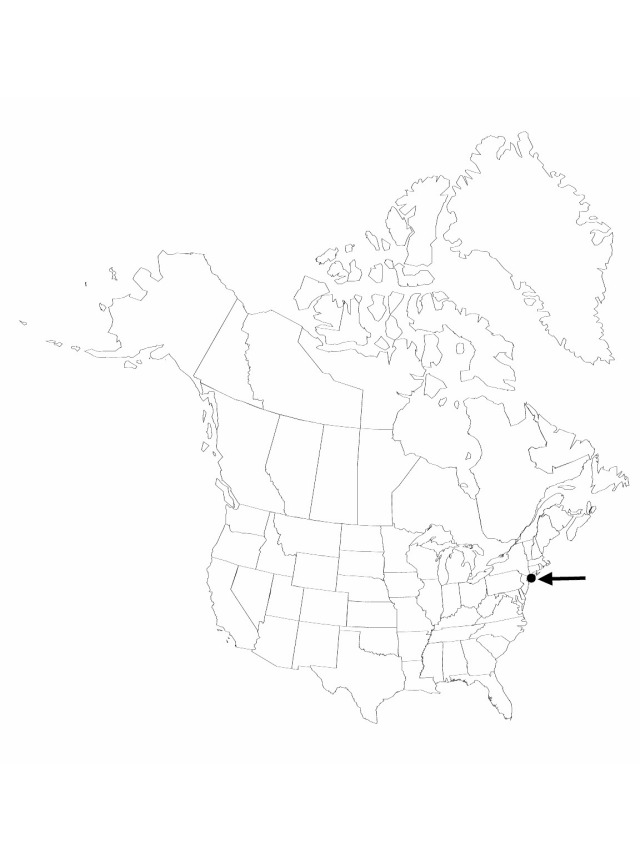Juncus maritimus
in J. Lamarck et al., Encycl. 3: 264. 1789.
Herbs, perennial, 5–10 dm. Rhizomes thick. Culms closely set along rhizomes, 2–3.5 mm diam. Cataphylls 3–5. Leaves basal, 2–4; auricles absent; blade terete, 40–60 cm × 1–2 mm. Inflorescences glomerules, to 100, each with 2–4 flowers, congested to open, 5–19 × 2–5 cm; primary bracts somewhat inflated, usually surpassing inflorescence. Flowers: tepals straw-colored; outer series 2.8–2.9 mm, apex acute; inner series elliptic, 2.3–2.5 mm, apex obtuse; stamens 6, 1.4–1.9 mm, anthers 2 times length of filaments; style 1–1.2 mm. Capsules straw-colored, 3-locular, ovoid to ellipsoid, 2.5–3.5 × 1.2– × 1.5 mm, nearly equal to slightly exceeding perianth. Seeds brown, ellipsoid, body 0.6–0.7 mm, tails 0.5–1.2 mm. 2n = 40, 48.
Phenology: Flowering and fruiting summer.
Habitat: Coastal salt marshes, saline meadows, and sand dunes
Distribution

Introduced; N.Y., Europe, Asia, Africa.
Discussion
It is believed that this species has not been collected in North America since the late 1800s, when it was known to occur on Long Island, New York.
Selected References
None.